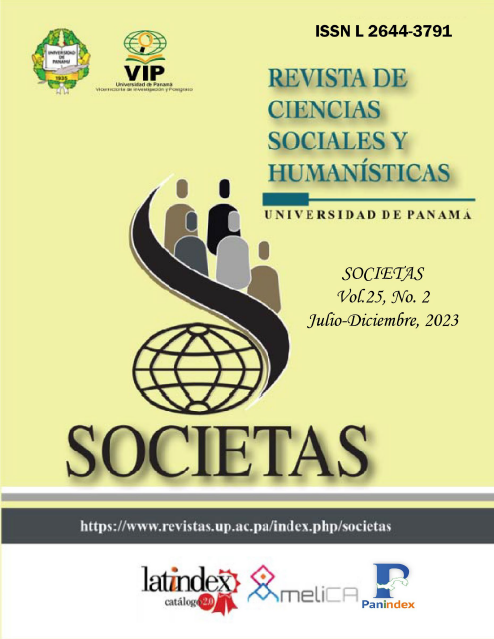

Copyright (c) 2023 Societas

This work is licensed under a Creative Commons Attribution-NonCommercial-ShareAlike 4.0 International License.
Anxiety is an affective factor that affects the development of the oral production of a foreign language, which is usually ignored in the language learning process, despite its negative effects on the development of speaking skills. In this reflective article, the causes and effects of anxiety experienced by language learners when performing oral activities are exposed; as well as practices and strategies that allow students to have greater control of their emotions. The methodology used for writing this article was the hermeneutic interpretation of research carried out in the last ten years, on practices and strategies to reduce anxiety in the oral production of students of English as a foreign language. The findings show the need to continue searching practices and strategies that help minimize the anxiety generated by learning a new language, as well as to train teachers and students in managing speaking anxiety in the classroom.